Sanatorium pod Klepsydra (1973) Online
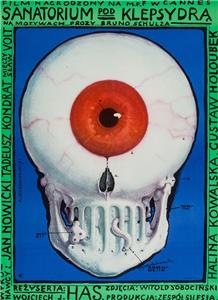
The film depicts its protagonist, Joseph (Jan Nowicki), traveling through a dream-like world, taking a dilapidated train to visit his dying father in a sanatorium. When he arrives at the hospital, he finds the entire facility is going to ruin and no one seems to be in charge, or even caring for the patients. Time appears to behave in unpredictable ways, reanimating the past in an elaborate artificial caprice.
| Cast overview, first billed only: | |||
| Jan Nowicki | - | Józef | |
| Tadeusz Kondrat | - | Jakub - Józef's father | |
| Irena Orska | - | Józef's mother | |
| Halina Kowalska | - | Adela | |
| Gustaw Holoubek | - | Dr. Gotard | |
| Mieczyslaw Voit | - | Blind Conductor | |
| Bozena Adamek | - | Bianka | |
| Ludwik Benoit | - | Szloma | |
| Henryk Boukolowski | - | Fireman | |
| Seweryn Dalecki | - | Teodor | |
| Julian Jabczynski | - | Dignitary | |
| Jerzy Przybylski | - | Mr. de Voss | |
| Wiktor Sadecki | - | Dignitary | |
| Janina Sokolowska | - | Nurse | |
| Wojciech Standello | - | Jew Interlocutor in Restaurant |
Despite the communist authorities' ban on the film, it was in secret sent to Cannes in film cans with false inscriptions on them. Because of this incident, Has couldn't make any movie for the next 8 years.
Wojciech Has worked on this project for five years.

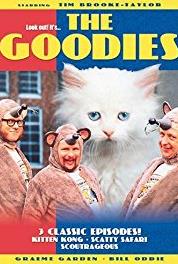
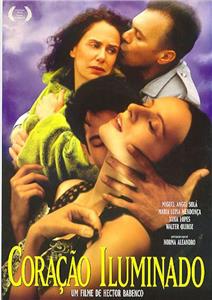
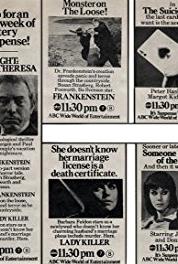
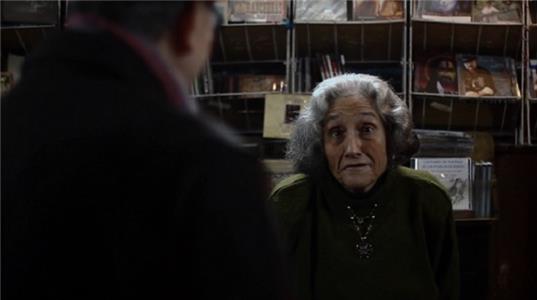


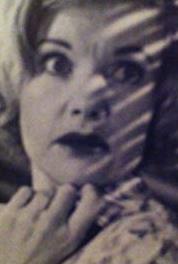

User reviews